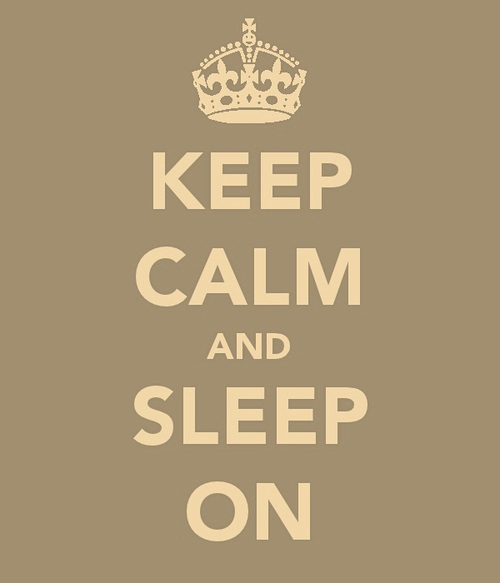Sleep Hygiene
Sleep Hygiene is the term used for healthy sleep habits.
Lack of Sleep is:
- Harmful to our physical health
- Harmful to our emotional well-being and mood
- Harmful to our mental health
- Lack of sleep can increase symptoms of anxiety and depression
- Harmful to our cognitive abilities, and may cause memory, attention, and concentration problems
Sleep hygiene is designed to enhance your ability to get a good nights sleep. And a good night sleep is important to our physical, emotional, mental, and cognitive health and well-being.
Lets Begin:
Do not try all of these strategies at once. Choose 1 or 2 strategies to start with- practice them for a week, observe if you notice a difference in your ability to fall and/or stay asleep, and review if they were effective for you. Then reassess and pick a few more strategies to try, practice, observe, and review.
- Consistency: Go to bed at the same time every night and get up at the same time every morning (if you feel that you can only start with one at a time, choose morning consistency).
Before Bedtime Habits:
- Exercise: 30 min of exercise or walking per day helps people sleep; however, make sure not to do vigorous exercise 2-4 hours before bedtime, as this may decrease your ability to sleep.
- Avoid stimulants 4 hours before bed: Avoid “CATS”: Caffeine, Alcohol, Tobacco, and Sugar. Also avoid coffee after noon.
- Note: alcoholic beverages may cause an immediate drowsy or sleep inducing effect however once the blood alcohol levels start to fall there is actually a wake-up or stimulant effect.
- Avoid heavy or spicy foods 4-6 hours before bed.
- Avoid napping: napping decreases the amount of sleep you need in the night which may cause your sleep to be fragmented and make it hard to fall asleep.
Your Bedroom or Sleeping Environment:
- Drown out noise by listening to “white noise”, which is a steady humming noise that masks other sounds
- Eliminate as much light as possible. Turn your alarm clock away from your eyes, so not to be bothered by the lights.
- The bed is strictly for sleeping and sex; avoid watching TV, using electronic devices, or doing homework in bed.
- Avoid LED lights 45 minutes before bed (i.e., your phone, tablets, computer, or TV ).
- Why?: LED lights stimulate and "wake-up" the brain in the same manner that the morning sunshine effects your brain.
- Use comfortable bedding. Tip: if you and your partner fight over the comforter/blankets- try sleeping with separate blankets, so you each have your own.
- Find a comfortable temperature for your room and make sure it is well ventilated. Note: a cool (not cold) bedroom is often the most conducive to sleep
Getting Ready for Sleep/Bed (in no particular order):
- Do something low-key, boring, or non-stimulating 1/2 hour before bed. Enjoy a magazine, book, OR work your brain by doing a crossword or Sudoku for 15min before bed.
- Note: avoid using e-readers, or any electronic devices. And avoid watching the news or reading something that may be fear inducing (e.g. avoid murder mysteries, thrillers, or zombie apocalypses).
- Have a light snack before bed (avoid "CATS"), such as a banana or a dairy product (i.e. glass of milk).
- Stretch for 10-minutes before bed. You can practice some light relaxing yoga moves/postures
- Leave your worries behind. Don't take your worries to bed
- Practice a Containment Exercise
- Have some "worry time" at least 2+ hours before bed. Take 10 minutes to write-out your worries on paper or in a journal. Then put it away until your "worry time" the next day.
- Try a relaxation technique: Before bed have a bath or try deep breathing, visual imagery (i.e., imagining a meadow, or a peaceful place), guided meditation, or meditation.
- Try Progressive Muscle Relaxation: Once you get comfortable in bed, lying on your back, progressively tense each muscle group for 10 seconds then relax for 30 seconds. Start at your toes and work all the way up to your head, tensing and releasing each muscle group.
- Get into your favorite sleeping position. If you do not fall asleep within 15-30 minutes, do not lye there and stew. Get-up, go into another room, and read or do something boring (solitaire, cross-word, NO ELECTRONICS) until sleepy and try again.
Everyone has bad nights, but it does not mean that you won't fall asleep that night. Be mindful of your thinking, and do not go into your worries or judgments about sleep. Do not try to force sleep- the harder you try to sleep the more you can't sleep. So just be mindful, breathe, and notice, don't try to control it.
Waking-up in night

- Do not watch the clock/time or count the hours you have left to sleep
- If you can't back to sleep after 20 minutes- GET OUT OF BED
- Go into another room
- Do a boring or uninteresting activity, have a light snack, drink of water, or do a relaxation technique.
- You may find that after 15-20 minutes you feel sleeping and you can then go back to bed into your favorite sleeping position. Be mindful and just notice how your body feel's in your bed, do not go into the story of your thoughts.
- AVOID: electronics such as TV, tablets, phones, e-readers, or computes, do not do something strenuous, challenging, or engaging
